What can you do to help?
There are a lot of actions you can take everyday to help the environment and act on climate change. Those actions may rely on what resources are available in your respective country, county, or municipality. Below is a brief list of some everyday actions you can take. There is always more you can do, but here is a short list with some resources.
Everyday Actions
Reduce and Reuse
Do you really need to buy that? See how things are packaged, is there a lot of plastic or styrofoam? Maybe you can get something comparable that is less harmful to the environment.
Reuse plastic and glass containers before recycling them.
Recycle everything
Single-use plastic bags can be recycled at most grocery stores and pharmacies depending on where you live. If there are no places to recycle single use plastic bags, consider reaching out to local libraries or food pantries to see if they could use the bags.
Recycle cardboard, metal, plastic, and glass at home if recycling can be picked up. If it can’t, you could earn some extra money dropping off these items at your local recycling center. Most places require all items to be clean, others don’t. Check with your municipality to ensure you’re recycling items that can be recycled in the proper way.
If you can, compost. Some cities now have composting programs, contact your local reclamation services to find out if you're in the composting zone.
If you're not already recycling - call your local reclamation services, these are usually managed through your city.
Do you really need to drive?
If you can, take public transportation, walk, or cycle to your destination.
Have to drive? How about car-pooling? You help save the planet and can split the gas money.
Have a car? What's your fuel economy? Consider the miles per gallon before you buy a car.
Avoid Styrofoam - it cannot be recycled or re-used
Eat less beef and meat
A few 'meatless' days a week can make a big impact if you don't want to go full out vegetarian or vegan. One hamburger is the eequivalent of driving 200 miles when it comes to emissions. More info on greenhouse gas emissions and meat can be found here.
Animal based foods are more resource intensive and create more emissions than plant-based food products. Read more about it here.
Food Storage
Avoid plastic wrap at all costs. It can’t be recycled. But aluminum foil can be recycled if it does not have food on it. Parchment paper and new bees wax alternative fabric food storage options are excellent and just as effective as plastic wrap.
Instead of buying plastic food containers, consider buying glass or metal containers and jars to store food in.
If you absolutely need to use plastic food storage bags, wash and reuse them when possible. Keep in mind, if raw meat was in these kinds of bags, it is unsanitary to reuse even after washing. This is because plastic is porous.
Buy & Use products you know are environmentally conscientious
Look at your seafood, is it endangered? Is it sourced responsibly? Find out more here.
Use a tote bag instead of single-use plastic bags when you go shopping.
Keep micro-beads and petroleum-based products out of your life. Micro-beads are commonly used in face washes and soaps. Petroleum products are in everyday items ranging from single use plastics, raincoats, and even detergents. Read what's in it before you buy it.
Are your soap, detergents, and cleaning items biodegradable? If they are, that means it will not harm the environment. Check the label to see what’s in your home cleaning supplies. A good alternative for cleaning bathrooms and kitchens is baking soda and vinegar. Some alternative cleaning tools can be found here.
How's that carbon footprint?
Did your stuff come from far away? That means it has a bigger footprint than something locally sourced. When and if you can - buy local.
Buy organic when you can. Less pesticides mean more bees and less runoff into your water supply.
Absolutely need to fly somewhere? Consider buying carbon offsets. In fact, your airline may already have a program for this. Find out more here.
Save Electricity
You don't have to install solar panels, although that would be stellar. Unplug chargers and other devices when you're not using them. Turn off lights you aren't using. These simple actions save you money and help the planet.
When light-bulbs go out, replace them with high-efficiency alternatives, like LED, florescent or halogen bulbs that will last longer. Use lower wattage bulbs to save electricity too, you won't feel like you're in the dark either.
Many power companies now have options to switch to renewable energy. Call your energy provider to find out if this is an option for you.
